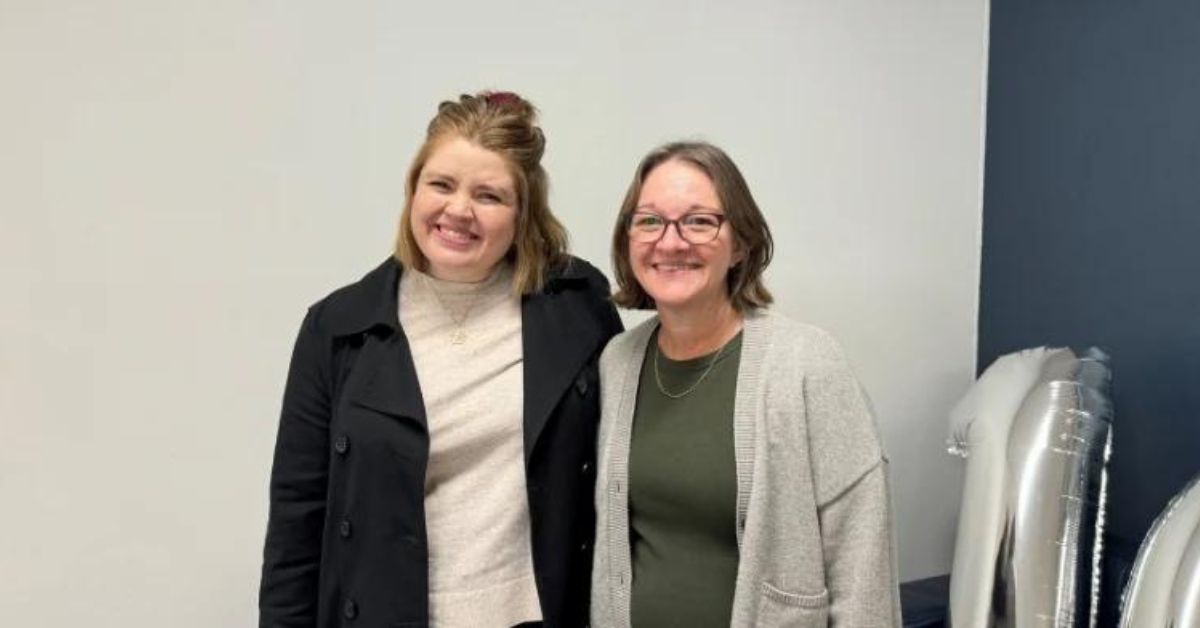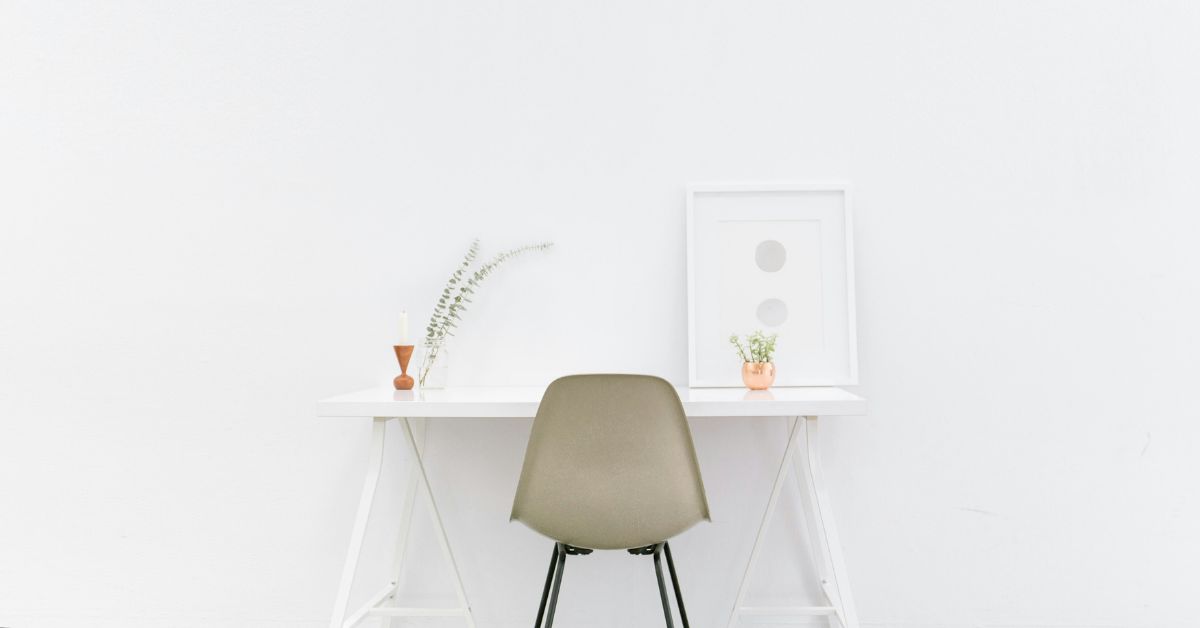By: Steff Willis
When you hear the word ‘minimalism,’ you might envision blank walls and empty shelves, but for Christine, it’s been about redefining her values and embracing a simpler way of living.
Which is what most of us deep down are seeking – more time with our friends and family, less time cleaning and searching for our lost keys – we all want a more peaceful life.
In a recent interview, Christine Wood shared how accidentally discovering minimalism led to more peace and joy in her life.
Christine Wood was a pastor at Gateway Baptist for over 10 years and is passionate about helping busy people find rest in God. She shares her firsthand experiencing of living with less stuff but more joy on her blog, Living with Margins and has written several devotionals and Bible studies available at her website.
Accidental Minimalism
Christine was not always a minimalist. Growing up in a house full of bits and pieces and then managing her own home filled with stuff, she followed the societal norm of acquiring more.
However, a sudden change in her husband’s work situation led to a pivotal decision: selling their big house and moving into a smaller rental. This transition forced Christine’s family to declutter and reduce their possessions by half.
“We thought having less would make life harder, but it really surprised us how much easier and less stressful life became,” Christine said.
“We found ourselves with more time for each other as a family and we started really exploring this idea of living with less.”\

Defining Minimalism
So what exactly is minimalism? For Christine, it’s about deciding what is enough and then living within that.
“Minimalism means different things for different people. A lot of people have images of really sparse spaces with white space and walking into our apartment, you wouldn’t think, ‘Oh, this is a minimalist apartment’.
“We have pictures on the wall, there’s cushions on the couch and there’s plants everywhere.
“For me, the definition of minimalism is about finding enough. Learning what is enough and then living within that.”
This approach does not mean living in stark, barren spaces but rather cultivating an environment that feels homely and comfortable with intentional choices.
One of the most profound changes Christine noticed was the reduction in mental load.
“We underestimate the amount of mental load our extra possessions suck out of our lives,” Christine said.
“The extra time, the extra money, the extra stress of the things that we have to think about, to organize, to plan. We have to clean things and put them into neat spaces and look after them.
“It takes a lot of time and it takes a lot of energy and we end up spending our weekends sorting out the garage”
Practical Steps to Start Your Minimalist Journey
If you’re interested in minimalism but unsure where to start, Christine offers these practical tips:
Stop Shopping
“Shopping breeds discontent,” Christine advises.
By cutting back on shopping, you can break the cycle of wanting more and start appreciating what you already have.
Declutter the Easy Things First
Instead of diving into emotionally charged items, begin with what’s simple.
“Start with expired food in the pantry, and the samples at the bottom of the bathroom shelf,” Christine notes. Removing these items can build momentum without emotional strain.
Focus on What to Keep
Christine encourages focusing on what to keep, rather than what to throw away.
“What are the things you love the most? Build your life around those,” Christine said. This positive approach makes the process less daunting and more fulfilling.
The Deeper Implications
Embracing minimalism can reveal deeper issues related to contentment and spiritual fulfillment.
Christine reflects on Philippians 4, which highlights learning contentment as a spiritual discipline.
“I am not saying this because I am in need, for I have learned to be content whatever the circumstances. I know what it is to be in need, and I know what it is to have plenty. I have learned the secret of being content in any and every situation, whether well fed or hungry, whether living in plenty or in want. I can do all this through him who gives me strength.” Philippians 4: 11-13 NIV
By focusing on your core values and priorities, minimalism allows for a more intentional and contented life.
Article supplied with thanks to 96five.
Feature image: Photo by Bench Accounting on Unsplash

